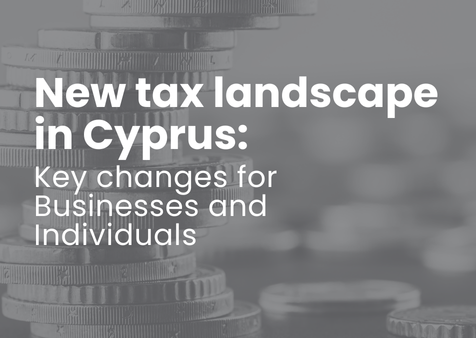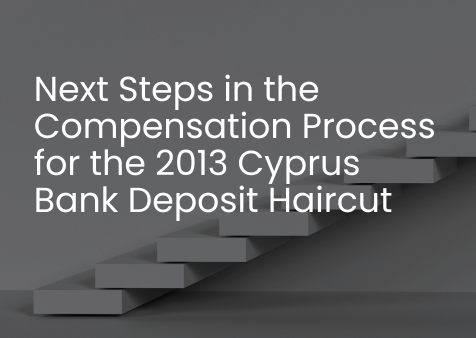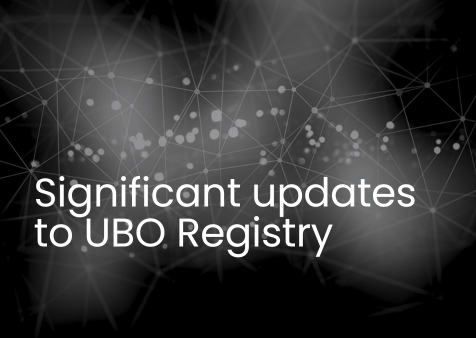
TAX MANAGER
We are seeking to recruit a high caliber person for the position of Tax Manager to be based in our offices in Nicosia.
Role and Responsibilities
- Reviewing financial statements and tax returns and advising on tax and VAT matters based on Cyprus laws
- Drafting tax rulings and tax memos
- Assisting with tax structuring and resolving practically complex tax related issues
- Assisting with advice on transfer pricing for international groups
- Knowledge of fundamental tax and legal aspects in relation to major foreign jurisdictions and application of Double Tax Treaties
- Preparing presentations and publications on practical tax matters
- Attending meetings and conducting negotiations with the tax authorities
- Correspondence and communication with clients in respect to the above on a daily basis
- Assisting with the firm’s business development with a focus on taxation and structuring
The profile of the ideal candidate
- At least 3 years post-qualification experience in the field of taxation with a top-tier accounting firm
- ACA/ACCA/LLM or equivalent qualification
- Good communication, organisational, supervisory, presentation and interpersonal skills
- Be a great team-player
- Strong computer skills
- Strong sense of commitment and responsibility
- Good command of Greek and English languages
Remuneration
A competitive remuneration package will be offered to the successful candidate according to his/her qualifications and experience.
Apply now
Please email your CV to the Management at Nobel Trust Ltd : [email protected]
SENIOR ACCOUNTANT
We are seeking to recruit a high caliber person for a responsible position in our Client Accounting Department to be based in our offices in Nicosia.
Role and Responsibilities
- Handling a portfolio of clients on a daily basis and dealing with all their accounting affairs
- Dealing with VAT, VIES and tax compliance matters
- Collecting information and preparing an audit file
- Co-ordinating the preparation and filing of financial statements and tax returns
- Liaising with the company’s auditors in completing a company’s statutory audit
- Review a company’s financial statements and tax returns for accuracy and compliance with IFRSs and tax laws
- Review a company’s business activities in the course of internal risk assessment
- Correspondence and communication with clients in respect to the above on a daily basis
The profile of the ideal candidate
- University degree and ACA or ACCA partly or fully qualified
- Minimum 3 years relevant experience
- Strong computer skills
- Good communication, organisational, supervisory and interpersonal skills
- Strong sense of commitment and responsibility
- Good command of the Greek and English languages
Remuneration
A competitive remuneration package will be offered to the successful candidate according to his/her qualifications and experience.
Apply now
Please email your CV to the Management at Nobel Trust Ltd : [email protected]
**All applications will be treated in strict confidence.









